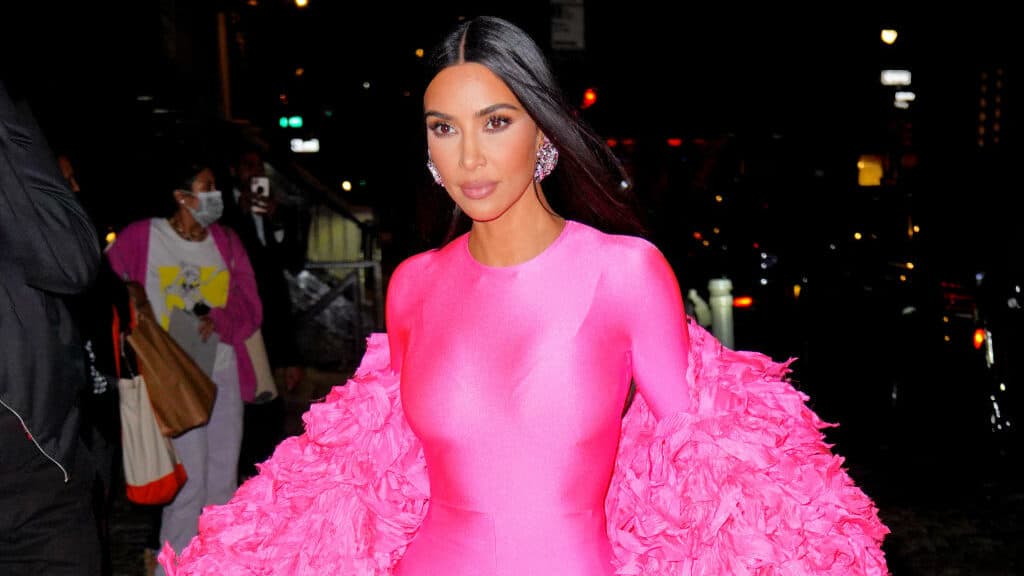The introduction is the first section of an academic paper or research article that aims to provide an overview of the topic and its importance. In the case of the paper about trends in online celebrities’ promotion, the introduction should begin by introducing the concept of online celebrities and their influence.
Online celebrities, also known as social media influencers, are individuals who have gained a significant following and influence through their online presence on social media platforms such as Instagram, YouTube, TikTok, and Twitter. These individuals have become an important aspect of modern-day marketing, with companies using their influence to promote their products and services to a wider audience.
The importance of studying online celebrities’ trends and promotion patterns lies in their impact on society. These individuals have the ability to influence their followers’ behaviors, attitudes, and beliefs, which can have significant implications for consumer behavior and social norms. Therefore, it is crucial to understand the topics and themes that online celebrities promote to better understand their influence and impact on society.
Additionally, the increasing use of online celebrities as a marketing tool has sparked debates around the ethics of their promotion practices. It is important to investigate the potential ethical concerns surrounding their promotions, including the transparency of sponsored content, the accuracy of their claims, and the potential harm to vulnerable audiences.
Popular online celebrities
The section on popular online celebrities should provide an overview of some of the most well-known and influential online celebrities, as well as the platforms on which they have gained their following. This section should also compare different types of online celebrities, as they can differ significantly in terms of their content, audience, and influence.
To begin with, it may be useful to provide some examples of popular online celebrities. For instance, there are YouTube influencers such as PewDiePie, Jenna Marbles, and Zoella, who have amassed millions of subscribers on their channels. Instagram also has a plethora of influential celebrities, including Kylie Jenner, Cristiano Ronaldo, and Selena Gomez, who have millions of followers and use their platform to promote various products and services. TikTok has also seen the rise of influencers like Addison Rae and Charli D’Amelio, who have gained widespread popularity and brand deals through their entertaining videos.
Once these examples have been introduced, the section should then move on to comparing different types of online celebrities. One way to do this is to categorize them according to their content or platform. For instance, YouTube influencers can be divided into gamers, vloggers, beauty influencers, and so on, while Instagram influencers can be categorized according to the type of content they post, such as fashion, food, fitness, or travel.
ADVERTISEMENT
Another way to compare online celebrities is to look at their influence and reach. Some online celebrities have a wider audience and greater influence than others, depending on factors such as their follower count, engagement rate, and the demographics of their audience. It may also be useful to consider the ways in which online celebrities use their influence, such as through sponsored content, brand deals, or social activism.
Focus on gambling promotion
The section on gambling promotion among online celebrities aims to explore the positive promotion of gambling on social media and its potential impact on audiences and society. It is important to note that gambling is a highly regulated and often controversial industry, and the positive promotion of it among online celebrities can have significant implications.
Online celebrities have become increasingly involved in promoting gambling, with many of them partnering with popular gambling platforms and casinos to endorse their services to their followers. These endorsements can take the form of sponsored posts, brand deals, or even direct partnerships. One example of such promotion is to play with any coin you like, which is often used by online celebrities to endorse casinos that allow players to bet using various cryptocurrencies.
This type of promotion can be highly effective, as online celebrities have a significant influence on their followers’ attitudes and behaviors. By endorsing gambling in a positive light, they can normalize it and make it appear more socially acceptable. This can be particularly concerning for vulnerable audiences, such as young people, who may be more susceptible to the influence of online celebrities.
Popular gambling platforms that are often promoted by online celebrities include online casinos, sports betting sites, and poker rooms. These platforms often offer generous bonuses and promotions to attract new players, which can be a powerful incentive for those who are easily swayed by online celebrities.
While the positive promotion of gambling may seem harmless, it can have negative consequences for individuals and society. Excessive gambling can lead to financial problems, addiction, and other social problems. Furthermore, the positive promotion of gambling can contribute to the normalization of addictive behaviors, which can have long-lasting effects on individuals and society.
ADVERTISEMENT
In conclusion, the positive promotion of gambling among online celebrities is a growing trend that can have significant implications for audiences and society. While it may be effective in attracting new players, it is important to consider the potential negative consequences and to promote responsible gambling practices.
Controversies and criticism
The section on controversies and criticism should discuss the negative aspects of online celebrities’ promotions and the potential consequences and implications of their actions. While online celebrities have the ability to influence their followers in positive ways, their actions can also be controversial and open to criticism.
One of the main criticisms of online celebrities’ promotions is the lack of transparency around sponsored content. Many online celebrities are paid to promote products and services, and while they are required by law to disclose these partnerships, they do not always do so. This lack of transparency can be misleading to their followers, who may not be aware that they are being advertised to.
Another criticism of online celebrities‘ promotions is the accuracy of their claims. Online celebrities often make claims about the effectiveness or benefits of products or services, but these claims may not be scientifically supported or based on evidence. This can be misleading to their followers, who may trust them implicitly and make decisions based on their recommendations.
Online celebrities have also faced criticism for promoting products or services that are harmful or unethical. For example, they may promote weight loss products or cosmetic procedures that are not safe or effective, or promote gambling sites that encourage addictive behaviors. These actions can have serious consequences for individuals and society, and can undermine the credibility of online celebrities as influencers.
Examples of controversies and criticisms of online celebrities’ promotions include the Fyre Festival scandal, where influencers were paid to promote a luxury music festival that turned out to be a disaster, and the controversy over YouTuber Logan Paul’s video filmed in Japan’s “suicide forest.” Both of these incidents received widespread criticism, highlighting the potential risks and negative consequences of online celebrities’ promotions.
The possible consequences and implications of online celebrities’ promotions are significant. Their influence on their followers’ attitudes and behaviors can have both positive and negative effects, and it is important to consider the potential harm that their actions can cause. Regulators and industry leaders are increasingly focused on addressing these issues, and there are growing calls for greater transparency and accountability in online celebrities’ promotions.
Overall
The conclusion of a paper on trends in online celebrities’ promotion should provide a summary of the key points and insights discussed in the paper. It should also offer implications for future research and provide recommendations for policy and regulation in this area.
To begin with, the conclusion should summarize the main findings of the paper. This could include a summary of the trends and themes in online celebrities’ promotions, an analysis of the positive and negative aspects of these promotions, and the potential consequences and implications for audiences and society.
The conclusion should also offer insights into the future of online celebrities’ promotion. This could include recommendations for future research, such as investigating the long-term impact of online celebrities’ influence on consumer behavior, attitudes, and beliefs. It could also include recommendations for policy and regulation in this area, such as increasing transparency and accountability in online celebrities’ promotions, and promoting responsible gambling practices.
Finally, the conclusion should emphasize the importance of understanding the influence and impact of online celebrities on society. As the use of online celebrities as a marketing tool continues to grow, it is crucial to understand their role in shaping social norms and attitudes, and to ensure that their promotions are ethical, transparent, and responsible.









